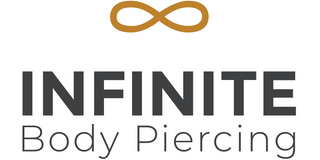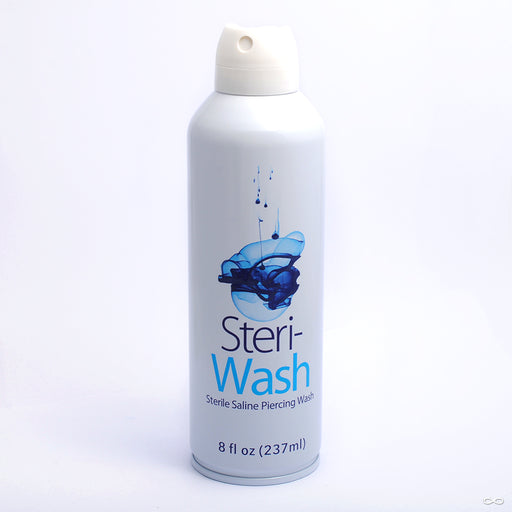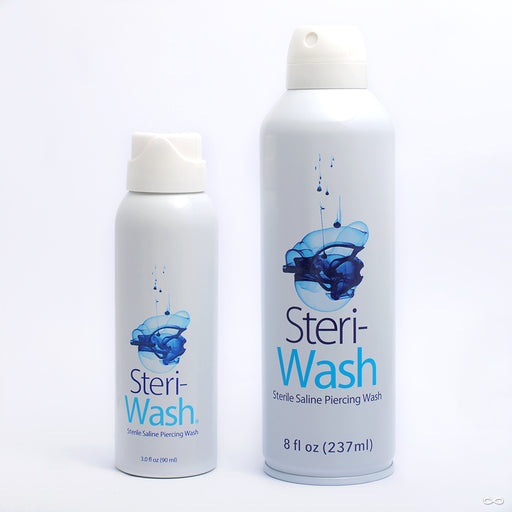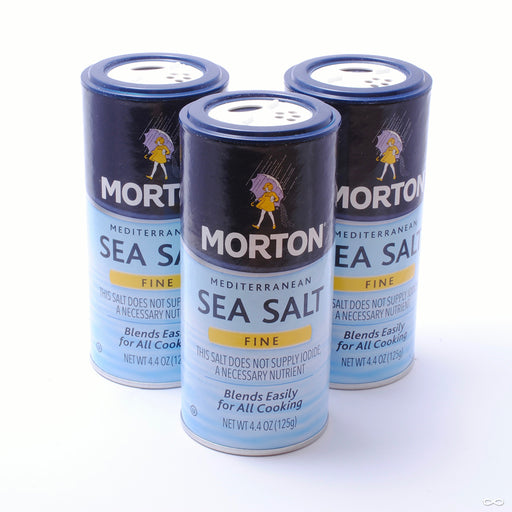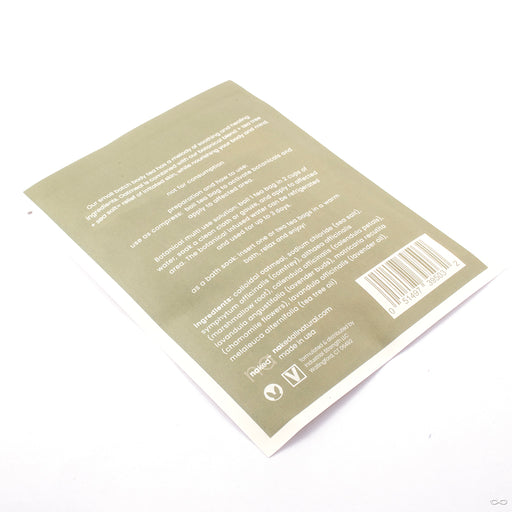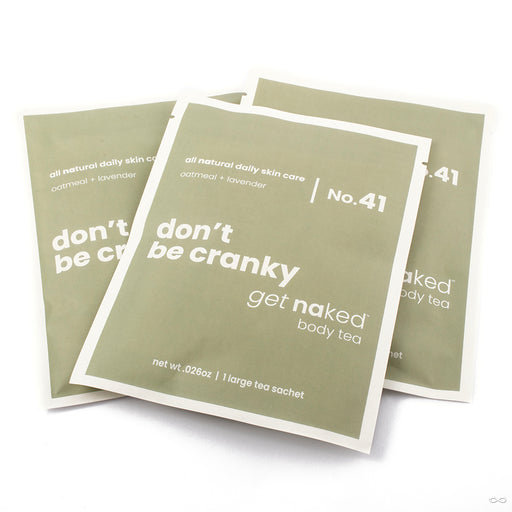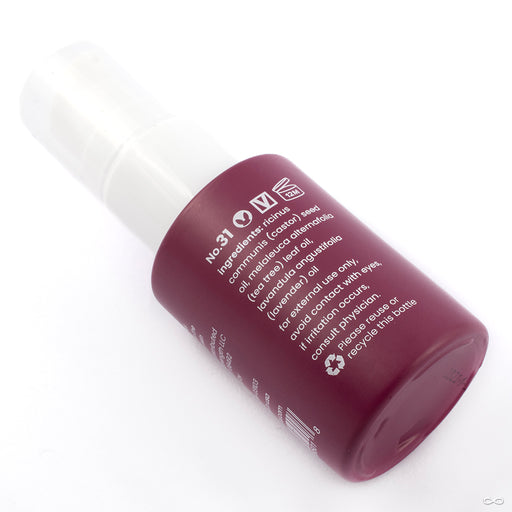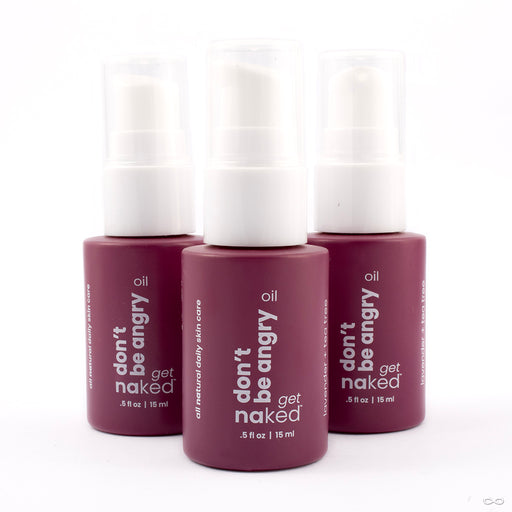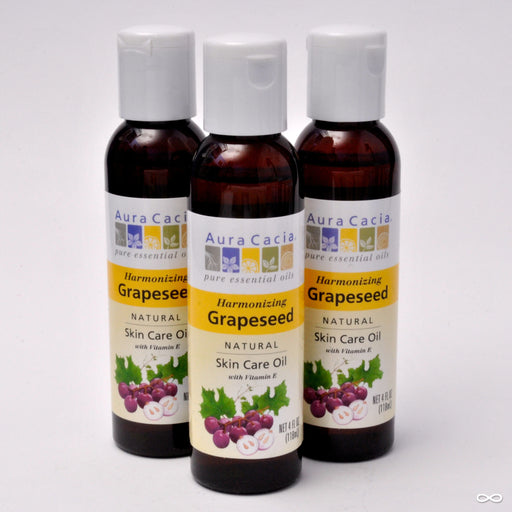Stay Healthy
The single best way to speed the healing of your new piercing is to take care of your whole body. Eat properly. Drink plenty of water. Get enough sleep. Manage your stress. The healthier you are, the healthier your piercing will be.
Keep Dirty Hands Off Your Piercing
Touching with dirty fingers is an easy way to get a piercing red and angry. Wash your hands before handling your healing piercing. Despite what you may have heard, you do not need to rotate or twist your jewelry during healing. Unless you are cleaning your piercing, keep your hands off!
Check Your Jewelry
Any jewelry with screw-on ends should be checked occasionally (with clean hands) to make sure those ends are screwed on tightly and are not in danger of coming loose.
Keep Your Jewelry In
While your piercing is healing, keep your jewelry in it at all times. After your piercing is healed you can change your jewelry, but jewelry should never be left out for longer than the time it takes to insert a new piece. If you must remove your jewelry temporarily after healing, such as for work or surgery, there are less visible (and non-metal) alternatives that can be worn for short periods of time. Ask your piercer what your options are.
Avoid Oral Contact
Mouths are full of bacteria and germs. Having someone’s mouth on your piercing is one of the fastest routes to infection. Avoid wet kissing with fresh oral piercings, unprotected oral sex with healing genital or oral piercings, and tongues on nipples. Keep your lover’s tongue out of your ear while you’re healing a cartilage piercing. Limit the sharing of straws and silverware too.
Avoid Other People’s Body Fluids
A healing piercing is an open wound, so treat it accordingly. Even if you are in a monogamous relationship, you and your partner have different bacteria from each other. You can end up sharing more than just the moment.
Don’t Let Your Clothing Constrict Your Piercing
If your clothing is contorting your piercing it’s going to affect healing. With navel piercings, make sure the waistline of your clothing is low enough that it does not touch your piercing while standing or sitting. Be careful with large belts and the waistbands of tights. If bras are irritating your nipple piercings, try cotton tank tops or bralettes. Keep constrictive clothing off surface piercings and surface anchors as well.
Wear Natural Fibers
Natural fibers (cotton, silk, etc.) allow your piercing to breathe. Synthetic fibers do not, and this can slow down healing. Be especially conscious of bras and padding over nipple piercings and underwear over genital piercings.
Wear Clean Clothes
Keep any clothing touching a piercing clean. Make sure your sheets and bedding are fresh as well. Try using clean T-shirts as pillowcases for healing facial and ear piercings.
Keep Makeup and Hair Products Away from Healing Piercings
Be especially careful of hairspray, sunscreen and powdered foundation.
Clean Your Cell Phone
Or better yet, use the other ear. Also, wipe down eyeglass frames that come in contact with fresh piercings.
Change Your Sleeping Position
When healing cartilage piercings, sleep on your other side, if possible. Try to stay off your stomach with healing navel piercings as well. A donut shaped or “U-shaped” travel pillow are great options for side sleepers.
Keep Pets Away from New Piercings
Pets are cute, but they shed. Cats walk in their litter boxes, and dogs lick more than just your face. Keep pets out of your bed during healing.
Be Mindful of Where You Swim
It is best to avoid swimming for the full duration of the healing period. The risk to your piercing depends on where you’re swimming: saltwater and chlorine may be okay for your piercing, however, other bacteria in the water may be problematic; the water on a beach in the tropics is not the same at the water at the Jersey Shore; and you can never be sure how balanced the chemical levels are in anyone else’s pool—or what else may be in the water. Definitely avoid hot tubs, quarries, or lakes, as here the water quality is even more questionable. At a minimum, plan to avoid swimming for at least three months, and if you do swim during the healing process, the most important thing to do is to make sure that you clean your piercing afterward.
